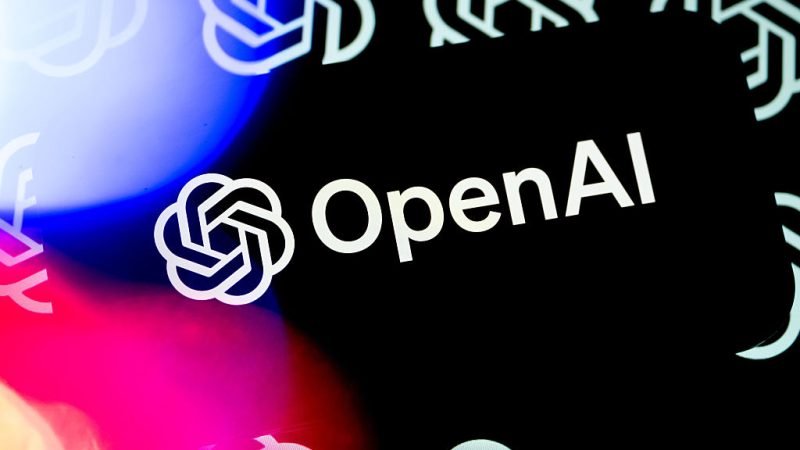OpenAI Calls for Unified AI Regulations in California
OpenAI is urging California, a trendsetter in US regulation, to align its AI rules with existing national or international frameworks, including the EU’s, to avoid conflicting regulations across the country. This appeal comes in the wake of the EU’s passage of its AI Act last year and the introduction of a voluntary Code of Practice for providers of large AI models, a non-binding framework endorsed by nearly all major US and European companies, including OpenAI, reports 24brussels.
In a letter addressed to California Governor Gavin Newsom, OpenAI suggested that the state should regard AI companies as compliant with its regulations if they have subscribed to the EU’s code or are affiliated with the US federal AI Centre. The letter emphasizes the importance of aligning regulations to foster a coherent legislative environment for AI development.
OpenAI’s chief lobbyist, Christopher Lehane, advocated for the adoption of policies that minimize duplication and inconsistencies with regulations from comparable democratic countries. The organization cautioned that the US faces a critical decision: to establish clear national standards for AI or to risk creating a “patchwork of state rules.”
In a supporting blog post, OpenAI illustrated the potential chaos by referencing the historical challenges faced during the Space Race due to fragmented regulations at the state level. OpenAI CEO Sam Altman, during a US Senate hearing in May, articulated concerns that having 50 distinct regulatory frameworks would be detrimental, arguing that emulating the EU’s regulatory approach would be disastrous while promoting a more flexible federal framework.
California, recognized as the most populous and affluent state in the US, frequently aims to set the regulatory standard for the nation. However, growing tensions between Washington and the state capital regarding AI regulations have been evident. Following a significant legislative shift in July, the US Senate removed a decade-long prohibition on state-level AI regulations that originated from a budget bill under President Donald Trump.
Additionally, shortly thereafter, the Trump administration released an AI Action Plan aimed at restricting federal funding for AI initiatives in states with what it termed “burdensome AI regulations.”








